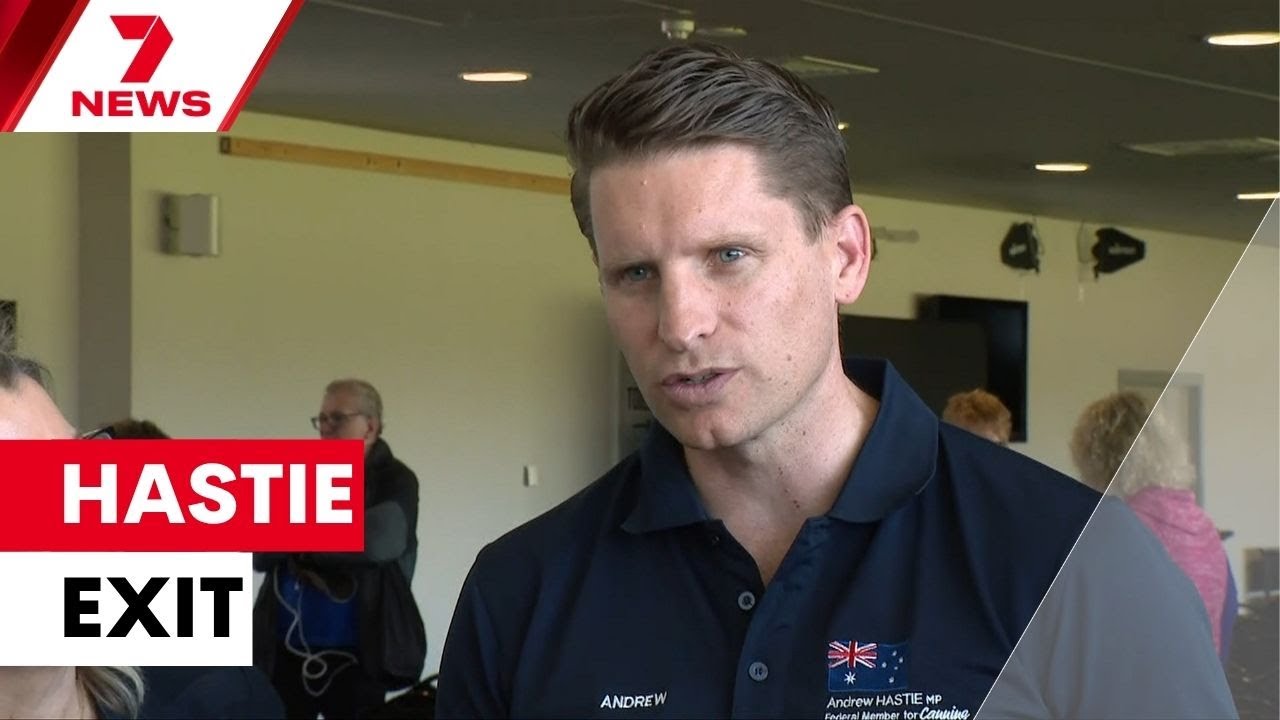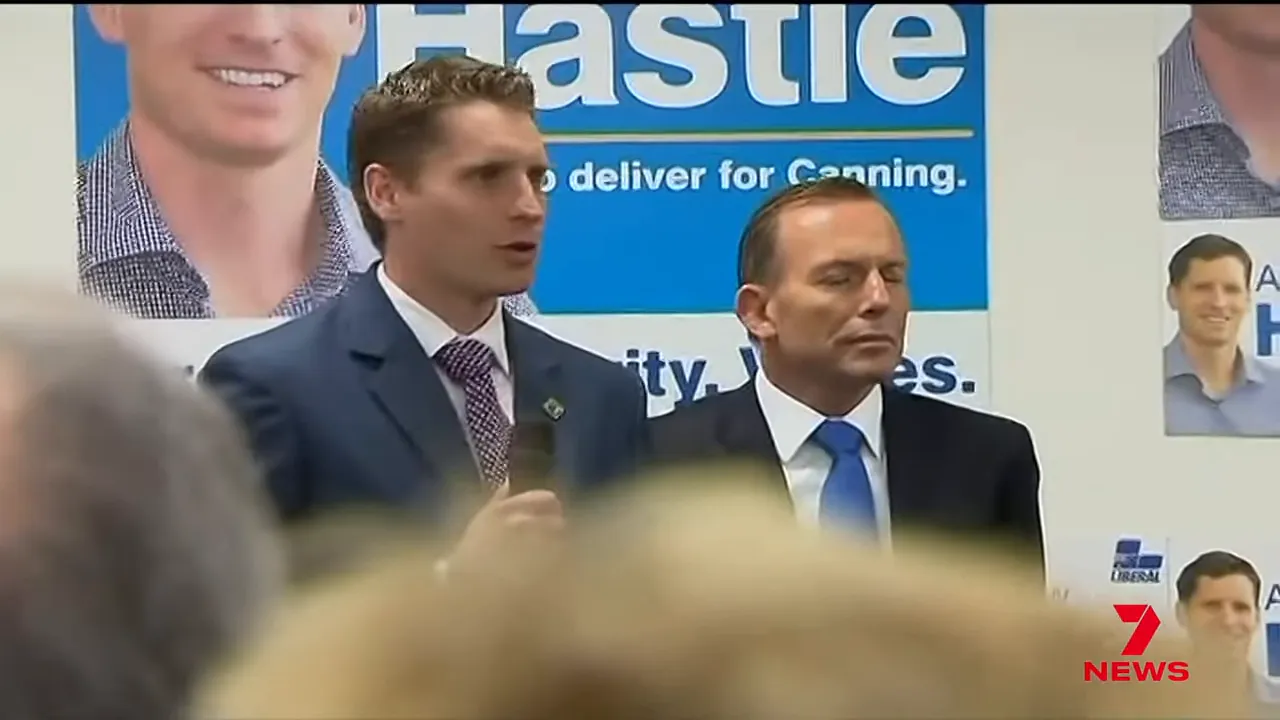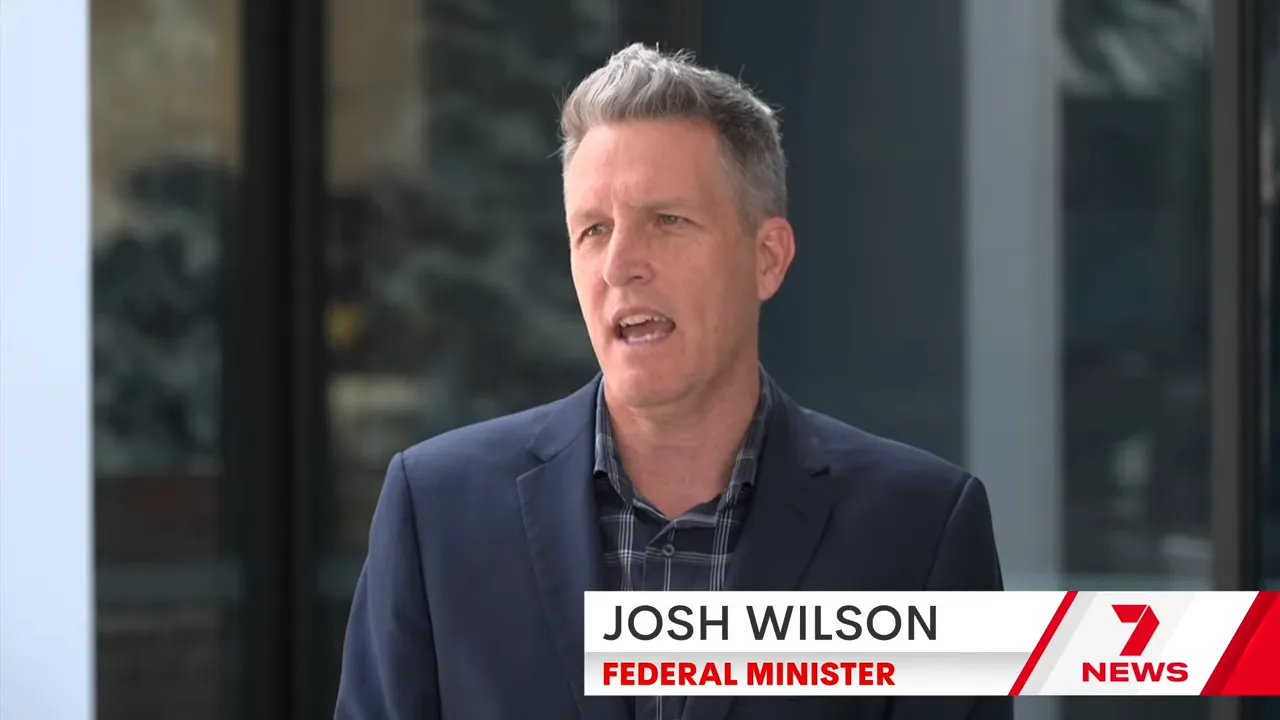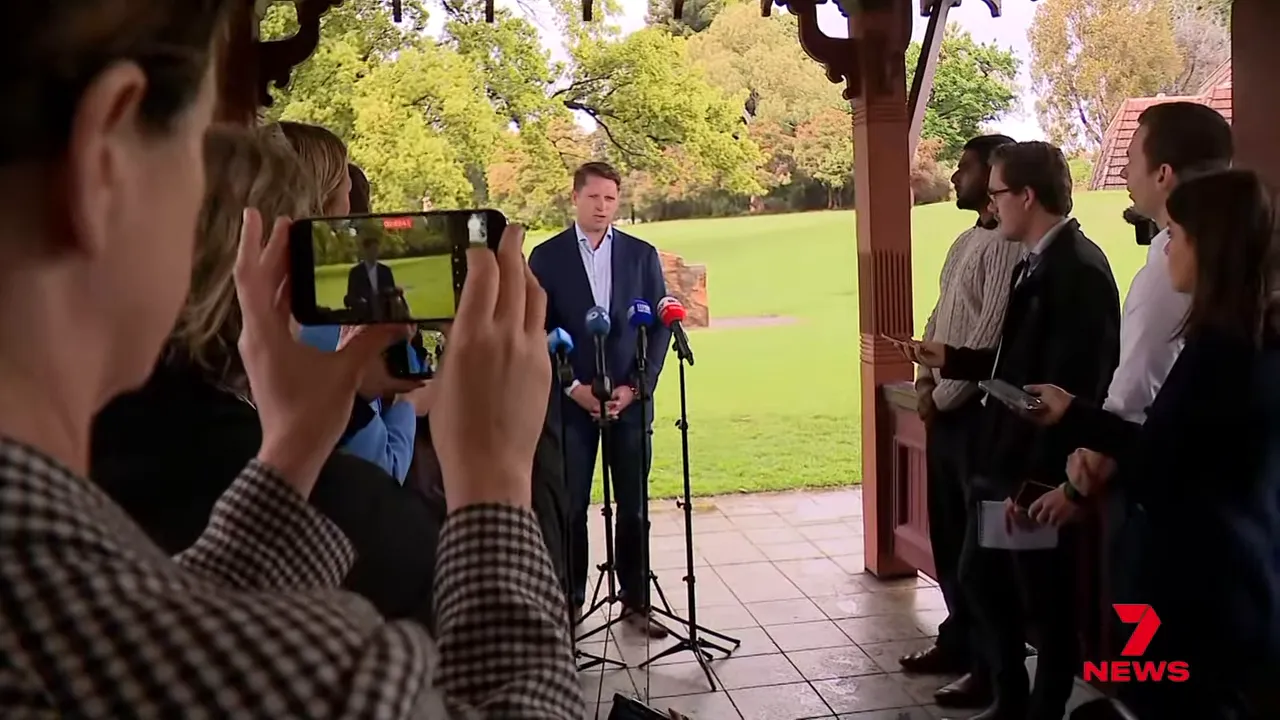Andrew Hastie quits the frontbench

Table of Contents
- Immediate fallout after a row over who can speak on immigration
- What happened and why
- Hastie’s platform and public stance
- Political reaction and leadership questions
- What this means for the Opposition
- Background: who is Andrew Hastie?
- Key takeaways
- FAQs
Immediate fallout after a row over who can speak on immigration
SYDNEY, AUSTRALIA — Andrew Hastie quits the frontbench after telling Opposition Leader Sussan Ley he could no longer serve in the shadow cabinet. The 43-year-old Liberal MP for Canning says he resigned because he wants to speak openly about immigration and felt “muzzled” by party directions.
Hastie handed in his resignation after receiving a letter from Ms Ley that reportedly instructed him not to lead discussion on immigration policy. In a blunt statement he said the move was driven by principle — he wants the freedom to debate issues he believes matter to the nation.
What happened and why
In the note from the Opposition Leader, Hastie was told he should not front the party’s discussion on immigration. He then chose to leave his shadow home affairs role, telling reporters,
“Essentially, I want to be able to speak about immigration.”
Hastie said he had reached “the judgement that I could no longer serve in the shadow cabinet” and that he felt constrained in raising the issues he cares about. Colleagues describe him as vocal and ambitious, and his exit instantly returned him to the backbench where he can speak more freely.
Hastie’s platform and public stance
A former SAS captain turned federal MP, Hastie has been prominent on conservative causes. He has called for cutting migration, dumping net zero commitments, and reviving Australian industry — arguing Australia once manufactured more complex goods domestically.

Supporters on the right have praised his courage. One colleague said, “He should be able to speak his mind about immigration,” while others suggested Hastie could be a future prime ministerial contender if his profile continues to rise.
Political reaction and leadership questions
The federal government quickly framed Hastie’s move as another example of internal Liberal unrest, painting him as a potential instigator in leadership challenges. Government sources warned of the familiar drip-feed of dissent that can culminate in leadership change.

Pressed on whether he would challenge Sussan Ley for the leadership, Hastie was clear:
“No I won't be.”He has been described by some within the party as “a picture of loyalty” and reiterated his support for the leader, saying he had tried to operate “in good faith.”
What this means for the Opposition
The practical impact is twofold. First, Hastie’s departure removes a high-profile, hardline voice from the shadow frontbench but restores him to the backbench where he may amplify dissenting views. Second, it adds another headline-grabbing moment for an Opposition already managing internal tensions over policy and messaging.

Whether this fuels further challenges or simply marks a reorganisation of who speaks on what policy remains to be seen. For now, Hastie says he supports the leader and is focused on raising the issues he believes matter to voters.
Background: who is Andrew Hastie?
Hastie, 43, served in the Australian Army’s Special Air Service Regiment before entering politics. He represents the electorate of Canning in Perth’s south-east and has become a prominent voice on national security and conservative economic issues.
His profile has risen partly because of his direct style and willingness to take controversial positions, particularly on immigration and climate policy.
Key takeaways
- Andrew Hastie quits the shadow frontbench after being told not to lead on immigration.
- He cited a need to speak freely on immigration and other conservative priorities.
- Hastie returns to the backbench and is expected to speak more openly on his platform.
- He denies any plan to challenge Sussan Ley for the leadership and says he supports her.
FAQs
Why did Andrew Hastie quit the frontbench?
He resigned after being told by Opposition Leader Sussan Ley that he was not to lead discussion on immigration. Hastie said he felt muzzled and wanted the freedom to speak openly on immigration policy.
Will Hastie challenge the Opposition Leader?
No. Hastie has publicly denied any intention to challenge the leadership and described himself as loyal to the leader, saying he supports Sussan Ley and sought to act in good faith.
What issues will Hastie now campaign on?
He is expected to push hard on cutting migration, opposing net zero policies, and advocating for a stronger domestic manufacturing base.
How might this affect the Liberal Party?
The move highlights internal tensions about who sets policy and who gets to publicly debate it. Hastie’s return to the backbench could either concentrate dissent or simply change the forum in which it is aired.
Source: Video and reporting by 7NEWS Australia.
The information in this article has been adapted from mainstream news sources and video reports published on official channels. Watch the full video here Liberal MP Andrew Hastie quitting the frontbench | 7NEWS


